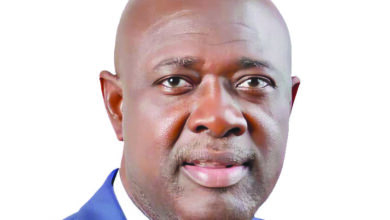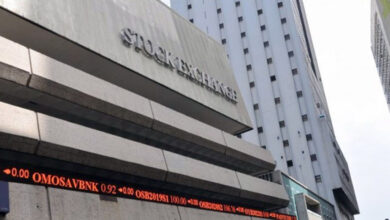Local manufacturers seek removal of barriers to business growth

Local manufacturers have voiced their concerns over the persistent economic challenges, including rampant inflation, dying consumer demand, disruptions in supply chains, foreign exchange illiquidity, limited access to credit, power shortages, regulatory burdens and escalating production costs.
According to them, the issues have notably hindered the growth and flow of investments into the country’s manufacturing sector. They further decried the difficulty in accessing funding for the expansion of manufacturing operations.
They alleged that intervention funds for the pharmaceutical industry meant for local manufacturers are being allocated to international companies from India, Lebanon, and China while indigenous operators are starved.
The hurdles cause the closure of numerous local manufacturing businesses, particularly in the pharmaceutical industry, which are unable to withstand the harsh business environment, they said.
The issues were expressed during the sixth anniversary of St Rachel’s Pharma in Lagos. The Director General of the Lagos Chamber of Commerce and Industry (LCCI), Dr Chinyere Almona, said Nigeria’s manufacturing sector is at a crucial juncture, facing significant challenges, yet possessing untapped potential.
Almona highlighted the shuttering of several manufacturing firms, a consequence of severe economic and financial difficulties compounded by regulatory constraints.
Despite these challenges, she emphasised that the manufacturing sector continues to serve as an essential component of the economy, making significant contributions to output growth while creating employment opportunities, with a nominal value standing at N36.02 trillion.
However, she pointed out that recent performance indicators provide a grim outlook, with average growth rates in decline, prompting concerns among stakeholders.
Almona advocated for a comprehensive approach to address these issues, including revisiting policy measures, laws, and regulations to stimulate investment, improve infrastructure, and cultivate a more favorable business climate.
She called for an update on the status of the Renewed Hope Infrastructure Development Fund, which aims to boost infrastructure investment nationwide. Furthermore, she stressed the necessity for accessible and affordable long-term financing at single-digit rates to aid manufacturers facing liquidity issues, along with simplifying tax procedures and reducing the tax burden on businesses.
The Chief Executive Officer of St. Rachel’s Pharma, Akinjide Adeosun, condemned the restrictive monetary policy that focuses solely on inflation control rather than economic expansion.
Highlighting successful manufacturing growth in countries like Ghana, Bangladesh, and South Africa, Adeosun raised questions on why Nigeria is unable to replicate the successes.
He urged enhanced governmental support and investment in the local pharmaceutical sector, emphasising the need for long-term financing and regulatory reforms to promote growth and create a more supportive business environment.
Echoing these concerns, the Chief Executive Officer of HealthPlus, Mrs. Bukky George, pointed out the apparent disparity in funding opportunities between local and foreign manufacturers.
She provided anecdotal evidence suggesting that Federal Government intervention funds tend to favour international firms, exacerbating the challenges local manufacturers face in expanding their operations and engaging in the Africa Continental Free Trade Agreement (AfCFTA).
George highlighted the competitive disadvantage Nigerian companies face against foreign counterparts, who benefit from government-issued operating licenses and access to intervention funds intended for local manufacturers.







